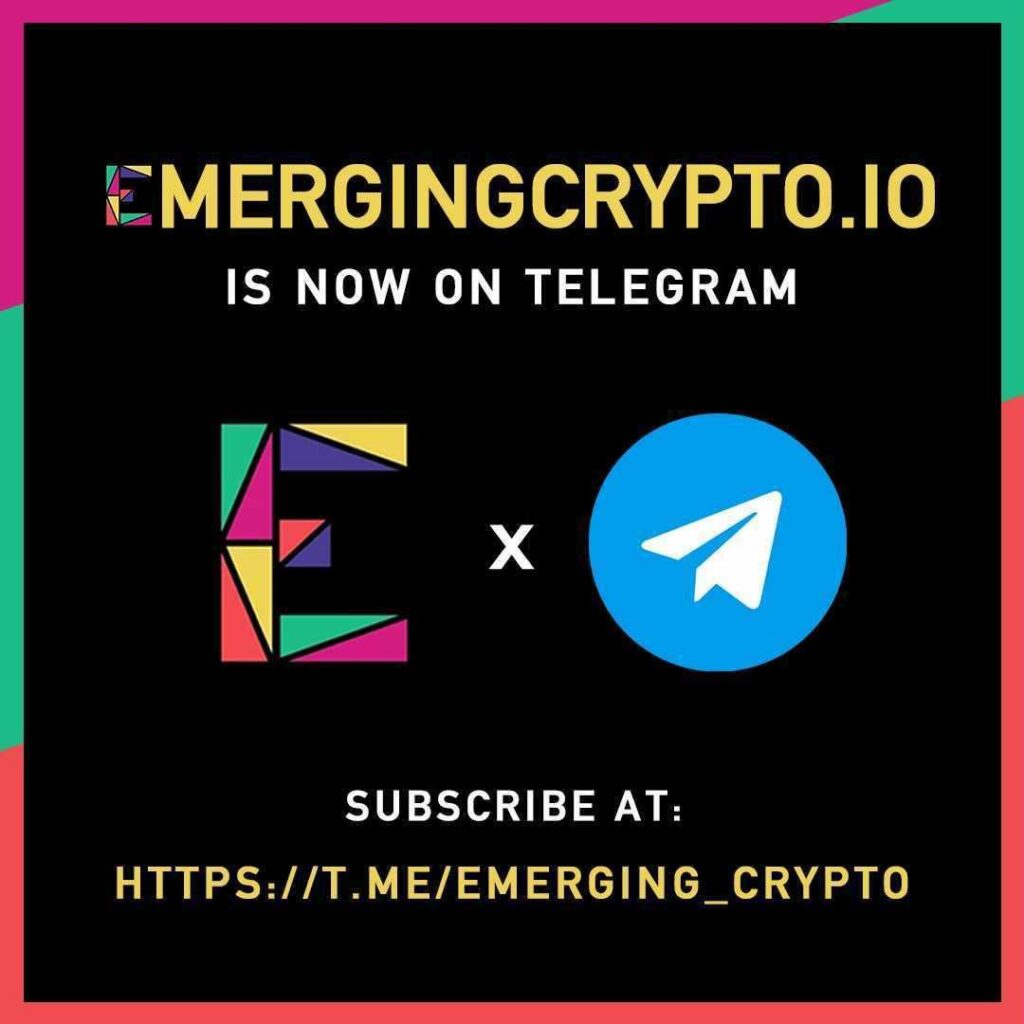| Image Credit: Max Kukurudziak via Unsplash
This week we’re highlighting two opinion pieces by two crypto company CEOs about crypto, sanctions, and Ukraine.
Op-Ed by Uldis Tēraudkalns, CEO of NexPay, a Lithuanian fintech startup providing banking infrastructure for the digital assets industry
In the first Op-Ed we’re highlighting, Uldis Tēraudkalns, CEO of NexPay, discusses how crypto has been a solution for Ukrainian refugees fleeing to neighboring countries to get their funds out of Ukraine. However, sanctioned Russians can also use it to circumnavigate western sanctions and move large funds of money out of Russian. He brings up the debate between regulation and morality. On the one hand, many people in the crypto community argue for decentralization, even though digital currencies can be used by criminals. On the other hand, he brings up the relativity of morality and what might be offensive to one person may not be offensive to another person. Nevertheless, he argues that more can be done from a regulatory perspective as the industry continues to mature. Regulation may not be perfect to prevent the use of crypto by bad actors, but the invasion of Ukraine by Russia is clear to him that regulation is needed to prevent the use by aggressors and to help refugees. (Read more on EmergingCrypto.io; Read more on Cointelegraph)
Op-Ed by Przemysław Kral, CEO of Zonda (previously BitBay), Poland’s largest cryptocurrency exchange
In the second Op-Ed we’re highlighting, Przemysław Kral, CEO of Zonda, talks about the moral dilemma he and his company felt about withdrawing from the Russian market, trying to balance free-market ideals, and a sense of moral duty as a devastating war unfolds in Ukraine. Despite the philosophical nature of decentralized cryptocurrencies like Bitcoin, Przemysław recommends that as an industry leaders should not let the pursuit of financial independence to take precedence over good morals and calls for a collaborative response to Russia’s invasion of Ukraine. Recommended actions include rejecting requests for new accounts from consumers in Russia and Belarus, and freezing accounts located in these regions. (Read more on EmergingCrypto.io; Read more on Cointelegraph)
|







